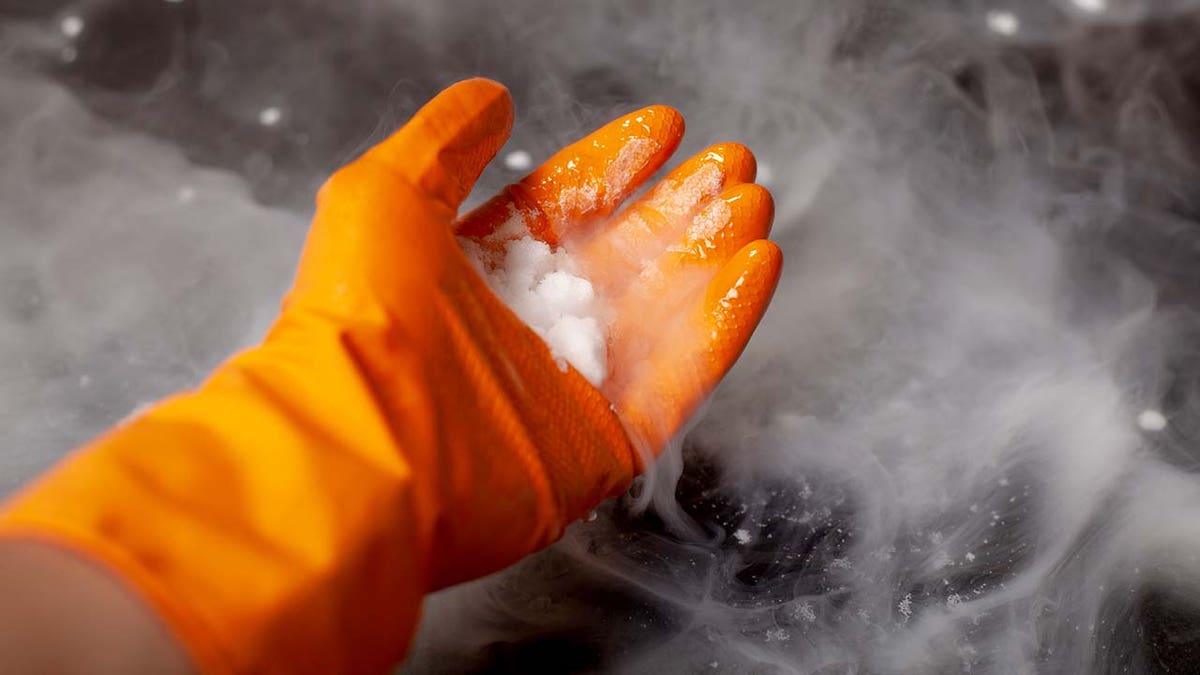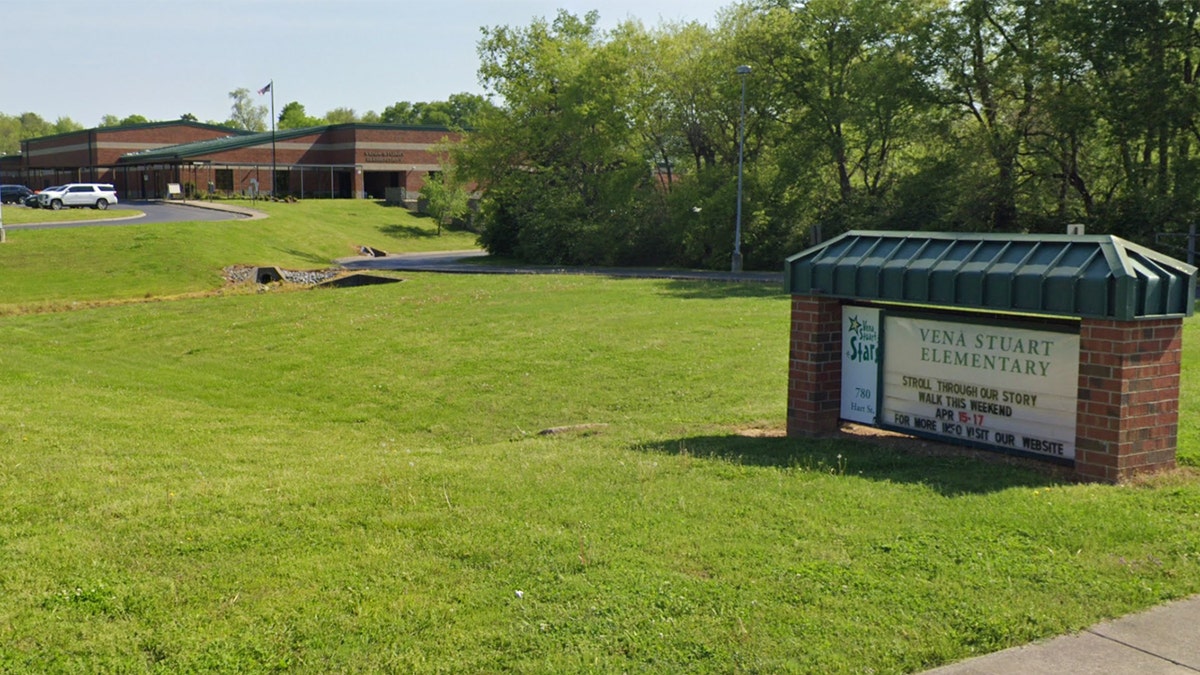Fox News Flash top headlines for February 18
Fox News Flash top headlines are here. Check out what's clicking on Foxnews.com.
A Gallatin, Tennessee elementary school science experiment involving dry ice resulted in 18 students and a teacher being sent to the hospital on Friday morning, according to district officials.
Sumner County Schools Director Dr. Scott Langford posted a video to social media on Friday, saying an outside student activity group met with third grade students at Vena Stuart Elementary School to conduct science experiments.
One of the experiments involved dry ice and was done as part of a Science, Technology, Engineering and Mathematics, or STEM, activity.
Immediately following the experiment, several students reported being nauseous and went to see the school nurse, who then told administrators about the situation.

A science experiment involving dry ice resulted in 18 elementary school students and a teacher in Tennessee being transported to the hospital when they felt nauseous after the lab. (iStock)
The administrators contacted the Gallatin Fire Department and Sumner County first responders, who, along with the nurse, quickly assessed the matter at hand and setup to triage students.
Crews also cleared the classroom to ensure it was properly ventilated, Langford said.
Over the next 30 minutes, additional students began experiencing nauseous conditions.
TENNESSEE HEALTH CARE WORKER DIAGNOSED WITH BRAIN CANCER RECITES ALL 50 STATES DURING SURGERY

Eighteen students and a teacher at Vena Stuart Elementary School in Gallatin, Tennessee were taken to the hospital feeling nauseous after a science experiment involving dry ice on Feb. 16, 2024. (Google Maps)
"Out of an abundance of caution, 18 students and a teacher were transported to area hospitals to be checked on," Langford said. "They’ve all been released back to their parents."
The director thanked emergency crews, school resource officers, the nurse’s team and others for their quick response to the situation and ensuring the safety of the students.
"They acted quickly, and our students are safe," Langford added.
CLICK HERE TO GET THE FOX NEWS APP
Dry ice is carbon dioxide in solid form and poses a risk if it melts in a space that is not ventilated well and inhaled.












































